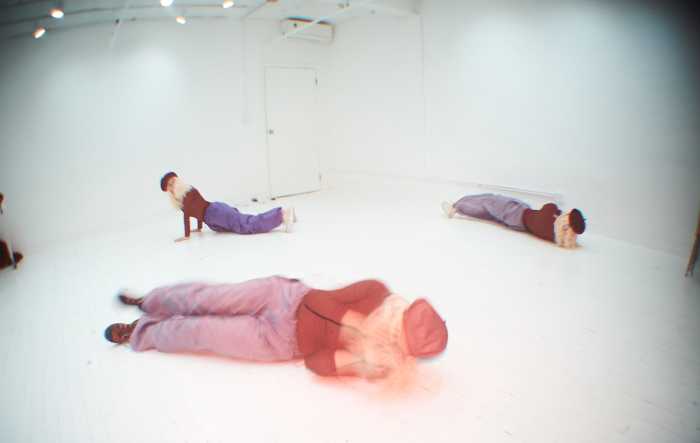Q: My mother is starting to forget things and repeat herself. Should I worry that she is developing Alzheimer’s?
A: Too often people see their parents losing a step, becoming more forgetful and write it off as “part of the normal aging process” and may miss some of the early signs of Alzheimer’s. Use the following warning signs as a guide:
Memory loss
It is normal to misplace keys and have trouble remembering phone numbers. However, if your mother is having difficulty using the washing machine or turning on the TV, it is time to start taking notice. Individuals with Alzheimer’s may also place items in inappropriate locations, like putting keys away in the freezer instead of on a table.
Routine tasks become difficult
If she has trouble preparing meals or managing finances, it could be a sign to get a medical assessment.
Language problems should raise a red flag
People with Alzheimer’s may forget a word and substitute it with something else, like calling the “toaster” a “bread cooker.” The person’s speech or writing may also become vague or disjointed.
Disorientation and problems with abstract thinking
Individuals with Alzheimer’s sometimes get lost on their own street, and are unable to balance a checkbook because they may no longer recognize numbers.
Poor or decreased judgment
Is your mother wearing a down parka on warm days and not enough clothes when it is cold; or is she giving away money or spending it on unnecessary items?
Finally, changes in mood, behavior, personality and loss of initiative may be a red flag.
If several of these warning signs are present, the New York City Chapter of the Alzheimer’s Association can help you find the right doctor.
Alzheimer’s does not only strike the elderly. Ten percent of those currently living with Alzheimer’s are under the age of 60. Doctors will perform a series of tests to eliminate other possibilities.
For help with this or any other dementia situation or for a list of our services visit our website www.alznyc.org or call our 24-hour helpline 1-800 272-3900. There is always a caring and informed person at the other end of the line to help you.
- The Alzheimer’s Association, New York City Chapter































